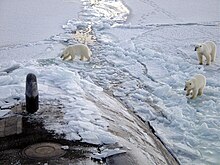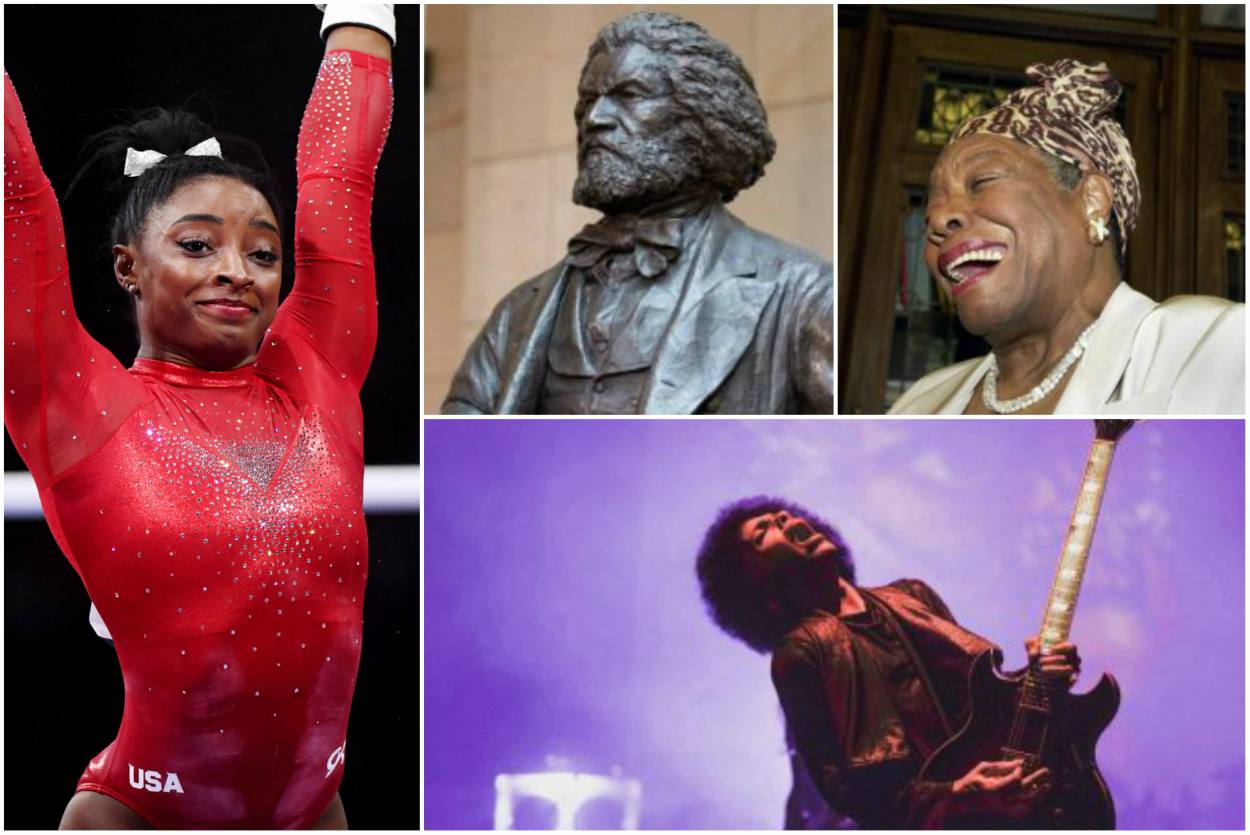Today is Ash Wednesday, the first day of Lent. It's a day that reminds us that, whether we believe in an afterlife or not, we are ultimately no more than dust. When we die and pass out of this life, what remains of us will soon be no more, too, returned to the earth from which it has come.
The illustration on this page is of Jesus during his forty days in the deserts of Israel. After his baptism but before he began his public ministry, Jesus spent forty days and nights in the desert. While we do not know exactly what he did in that time (other than fending off the temptations of Satan), we can be sure that he meditated and prayed. Of what he prayed we cannot be certain, but we can probably be safe on assuming that he, like many of the Jewish prophets before him, found profound solace and insight in the desert. Being in the desert is an apt picture of journeying through Lent. It's a constant reminder of who we, frail and fragile humans, really are: ashes and dust.
Before my siblings and I scattered my mother's ashes atop her favorite mountain in the San Gabriel Mountains of California in October of 2011, we opened the box that contained "her." All that Mom ever was had been reduced to a small pile of ashes. All her years, all her love, all her joy, all her meaning, all her hopes and dreams now no more than a bag of ashes. It was sobering.
Even more sobering is that one day, every one of us will be exactly the same. Happily, however, even as it reminds us of our mortality, Ash Wednesday also reminds us to acknowledge that we are not dust and ashes only. We are spiritual beings, physical creatures with spiritual form and transcendent vision, created by a spiritual and eternal God.
There is more to us, and existence, than what we see.

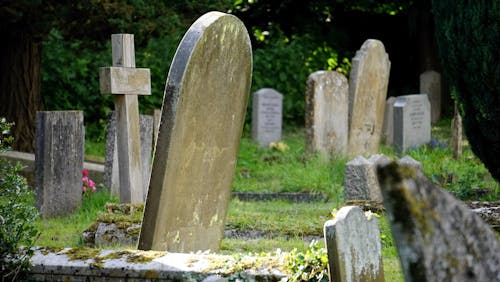
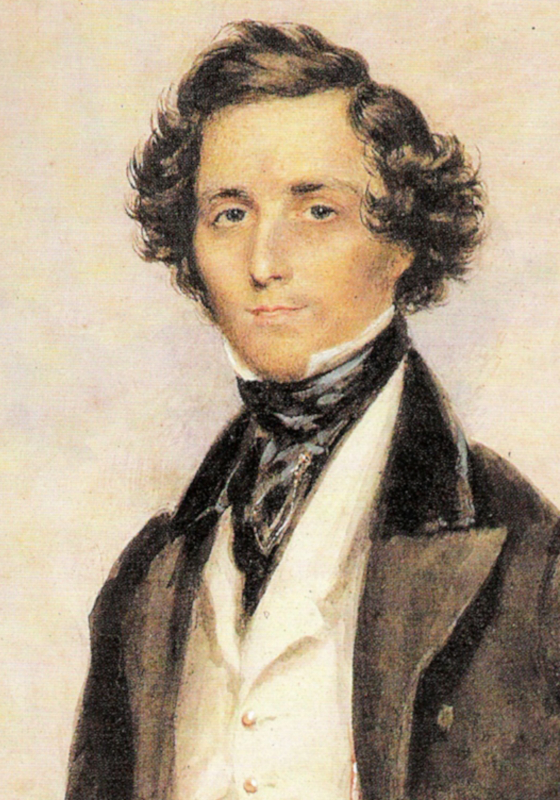
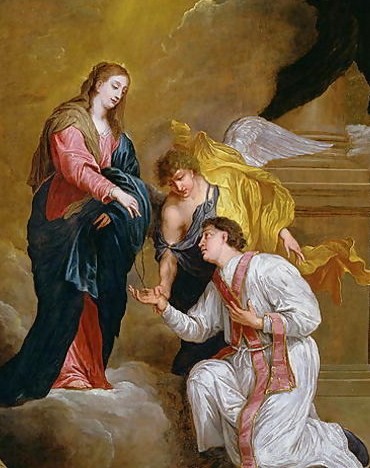
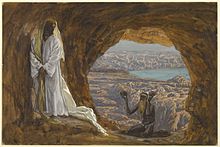

:max_bytes(150000):strip_icc():focal(999x0:1001x2)/Super-Bowl-Kansas-City-Win-021124-02-f0c3136acc7149059cef2ff3c479e805.jpg)

